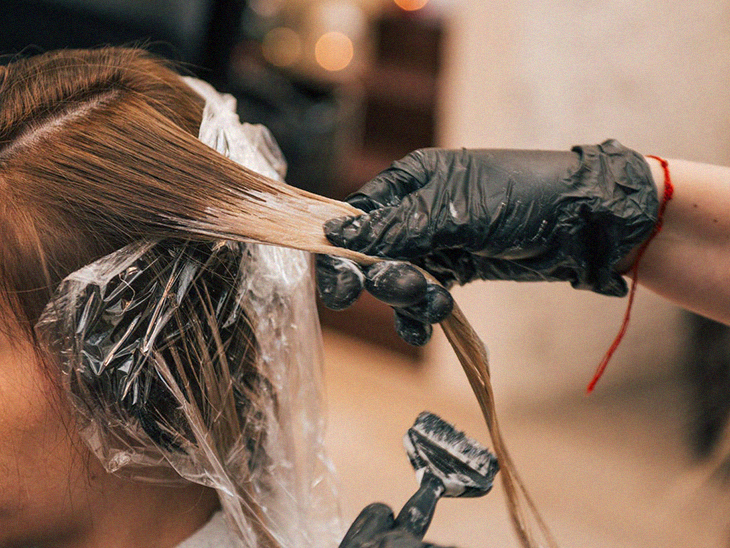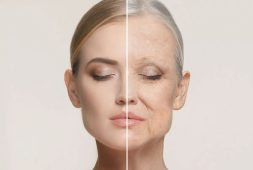
If you love to color or straighten your hair, you might find it alarming to learn that using permanent hair dyes and chemical hair straighteners has been linked to a possibly higher risk of breast cancer.
A study conducted by researchers at the National Institute of Health, called the Sister Study, involved thousands of cancer-free American women whose sisters have been diagnosed with breast cancer. The lifestyles of the cancer-free women were analyzed, including the hair products they used over the previous year. Over half of the women used permanent hair dyes, while around ten percent used chemical hair straighteners. The women in the study continued to provide updates for an approximate period of eight years.
The study revealed that breast cancer risk in women who used permanent hair dye was nine percent higher than those in women who did not dye their hair. The risks were even higher for black women who used permanent hair dye. They were found to have a 45 percent greater chance of developing breast cancer, with the risk going up to 60 percent if they used permanent hair dye every eight weeks or more.
On the other hand, women who used chemical straighteners were found to have their risk of breast cancer increased by 18 percent.
The Link Between Permanent Hair Dyes, Chemical Straighteners and Breast Cancer
Although the study did not identify the exact link between these hair products and breast cancer, theories suggest that the risk may be greater because of the chemicals found in the products. A possible culprit is the aromatic amines in commercial hair dyes, which can also be found in tobacco smoke and diesel exhaust.
Aside from the presence of these chemicals, it is also important to consider the fact that there are a great number of permanent hair dyes and chemical straighteners of varying formulations that are easily available in the market. Most of these are not even regulated by the Food and Drug Administration.
Experts are concerned that the chemicals in hair dyes and chemical straighteners might cause damage to your DNA and may possibly have an effect on your body like that of estrogen. While estrogen occurs naturally in women, elevated levels of the hormone are linked to an increased risk of breast cancer, particularly after menopause.
While there is not yet any hard evidence, a number of other factors may come into play when it comes to the greater risk that black women face. Black women have been seen to use hair products such as chemical straighteners more often than white women. In fact, a study revealed that 74 percent of black women use chemical straighteners, while only three percent of white women do. Aside from more frequent usage, many hair products used by black women have been shown to possibly contain more potentially harmful chemicals.
On top of that, studies have shown that black women have a 40 percent greater likelihood of dying from breast cancer. Some factors that may affect this increased risk include genetics, the way the cancer forms, and disparities in healthcare compared to their white counterparts.
No Need to Panic
However, there is no need to be overly alarmed even if dyeing or chemically straightening your hair is part of your grooming routine. Most of the studies found that the increased risk of breast cancer in those who used these products was not very significant.
It should also be noted that the women who participated in the Sister Study had a sister who had breast cancer. This means that they were already at greater risk, to begin with, when compared to women who do not have a family history of the disease.
While it is good to be aware of the possible link between the said hair products and breast cancer, you should remember that it is only one of many factors that may affect your chances of developing the disease. For now, using permanent hair dyes and chemical straighteners are not seen to pose that great a risk, so, ultimately, it is up to you if you wish to continue to use these products or not.
If you are concerned about breast cancer risks, it is better to focus on other things you can do to help prevent getting the disease. Some of the lifestyle changes you can make include eating a nutritious and balanced diet, getting regular exercise, avoiding smoking, and cutting back on alcohol. These moves have been proven to be more effective in reducing your cancer risk and can make a greater improvement in your overall health as well.



